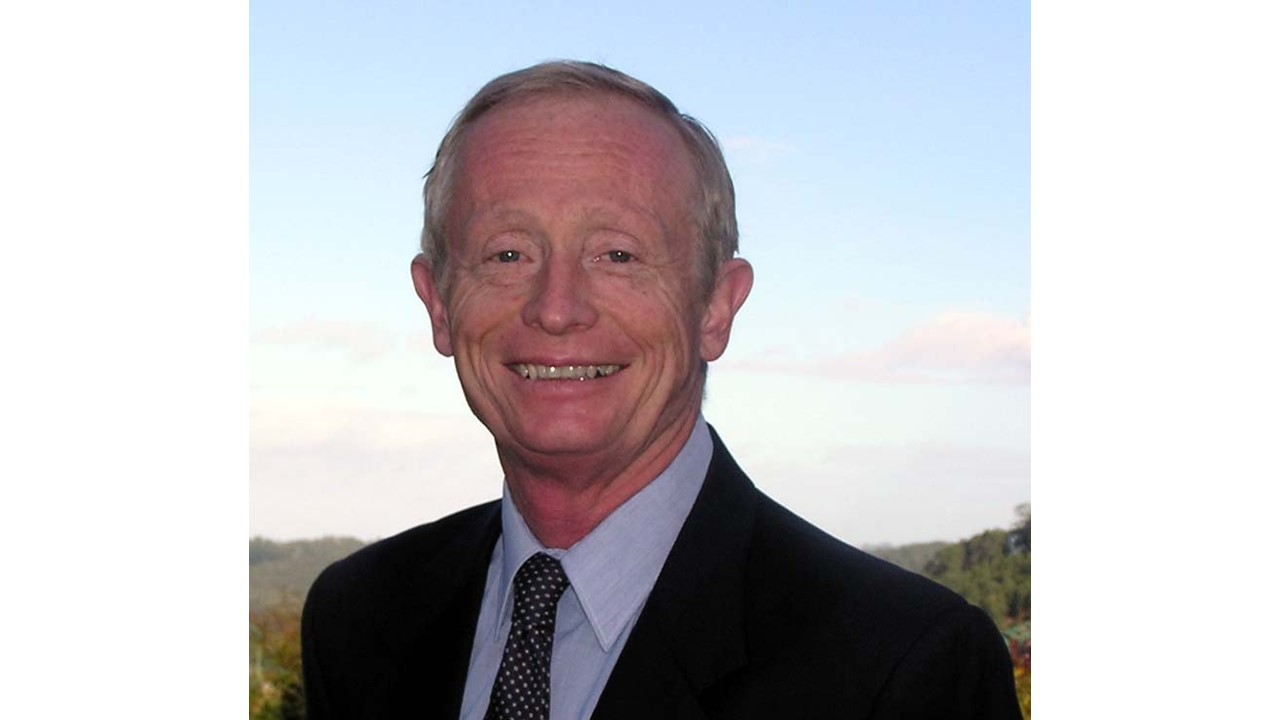Nihon Superior Co. Ltd., a supplier of advanced soldering materials to the global market, is pleased to announce that Keith Sweatman, the company’s Senior Technical Advisor, will deliver a presentation titled “A Path to Ductile Low-Temperature Solders for Mass Production of Electronic Assemblies” at the upcoming SMTA International conference and exposition. This prestigious event is scheduled to take place Oct. 9-12, 2023 at the Minneapolis Convention Center in Minneapolis, MN. Keith Sweatman’s presentation is scheduled within session LTS4, titled “Effects of Elemental Additions to Sn-Bi solder Alloys,” and will take place on Thursday, Oct. 12, 2023, from 8:30 to 10:00 a.m.
The presentation will delve into critical research findings related to the brittleness observed in tin-bismuth alloys commonly considered for use as low-temperature solders. This brittleness, especially at high strain rates, is primarily attributed to the inherent tendency of the bismuth phase within the microstructure of these alloys to undergo brittle fracture when subjected to external stress. This fracture initiation in the bismuth phase subsequently propagates through the tin matrix, resulting in an overall brittle failure of the material. However, at lower strain rates, the bismuth phase seems to withstand stress without fracture, primarily through a mechanism akin to the recrystallization observed in the tin phase of traditional lead-free solders. The ultimate failure in these scenarios is attributed to grain boundary sliding, a mechanism commonly associated with failure in conventional lead-free solders.
It is noteworthy that both tin and bismuth share the limitation of available slip planes within their respective tetragonal and rhombohedral crystal structures, making recrystallization a favorable thermodynamic option. Although previous studies have suggested that the addition of antimony enhances the ductility of tin-bismuth eutectic alloys, subsequent research has not consistently confirmed this effect, and a clear correlation between antimony and the ductility of tin-bismuth alloys remains uncertain. To establish this link, further studies extending beyond accelerated testing of electronic circuitry assembled with potential tin-bismuth solders are required. Mr. Sweatman will present the results of a recent study investigating the fundamental behavior of antimony within a tin-bismuth alloy.
Nihon Superior Co. Ltd. invites attendees of the SMTA International conference and exposition to join this enlightening presentation by Keith Sweatman, who brings a wealth of technical expertise and knowledge to the field of soldering materials.
For more information or inquiries, please contact info@nihonsuperior.co.jp.










